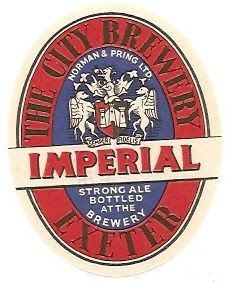
I love having theories. Finding out what a pile of crap they are is almost as much fun as coming up with them in the first place.
From my recent posts it's easy to guess my current reading matter: the Whitbread gravity book. I'm not exaggerating when I say it's the most important source I've found on British beer in the immediate postwar years. It fascinates me.
Suddenly, I'm able to flesh out the beers behind those old labels. J Hole & Co.'s Strong Ale. I have a reproduction of that on my landing. The label gives no clues to the character of the beer, other than that it was "strong", which in British terms could mean anything from 4% ABV upwards.
I'd been hoping to find some Newark beers in the gravity book. Especially ones from Hole's. That's where I had my very first proper job, way back in 1975. Because the brewery had stopped brewing cask ale before the appearance of the first Good Beer Guide in 1973, it's difficult to find out any details of their beers. It took a good deal of digging to even unearth the OG of their biggest seller, AK Bitter. (Yes, AK Bitter. Despite what may have been written about AK being a Light Mild - "Mild Ale" by David Sutula comes to mind - AK was historically a Light Bitter. Of the dozens of beers I've found called AK, only McMullen's has ever claimed to be a Mild.)
Hole's Strong Ale. OG 1080.7, FG 1021.5, colour 9 + 40, 7.4% ABV, 73.36% attenuation. Brown, strong and reasonably well-attenuated. It's a start.
Sorry, I've wandered off-topic again. Imperial is the title, isn't it?
"The term 'imperial' properly only belongs to imperial stout. The name derives from the fact that it was first brewed exclusively for Catherine The Great." Sounds like me, doesn't it? Having a go at the overuse of the word Imperial in the USA. Actually, it's a quote from Garrett Oliver. It sounded like a pretty reasonable statement to me, when I first read it. So good, that I started repeating it. Historically, Imperial was only used to refer to Stouts, wasn't it?
Errr, not totally. Here are some of the "Imperials" I've found in the Whitbread gravity book:

It shows a somewhat eccentric use of "Imperial" in the 1950's. Calling a Stout of around 1040 - like the Bent's and McEwan's - seems a little bit of an exaggeration. Imperial Barley Wine and Imperial Strong Ale, on the other hand, look more like overkill.
No Imperial Milds or Imperial Pilseners yet, but I'm loathe to completely rule them out . . . Let's wait until I've gone through all the entries in the gravity book. I'm up to entry number 902. Only another couple of thousand to go.
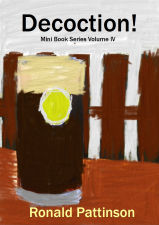



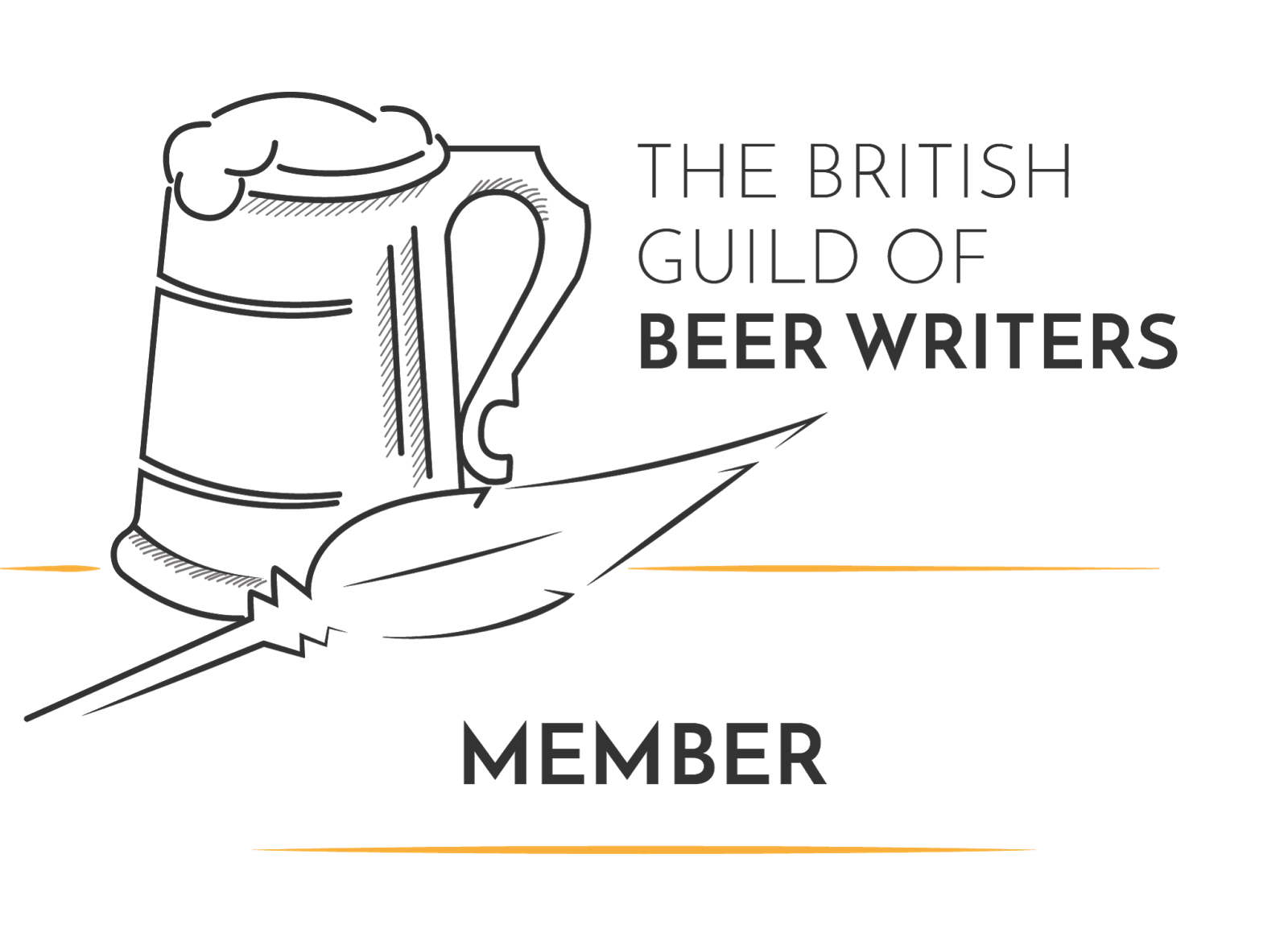









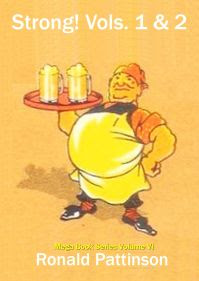


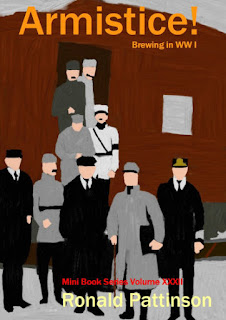
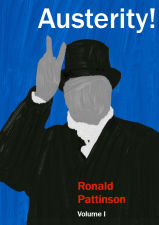



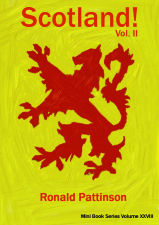
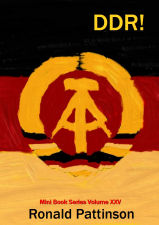


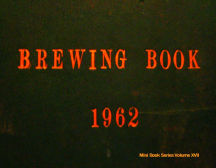
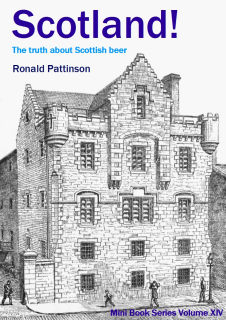
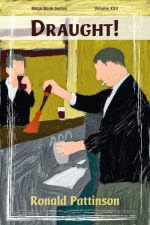

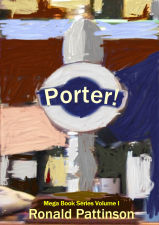

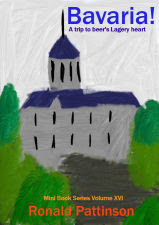

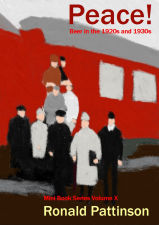

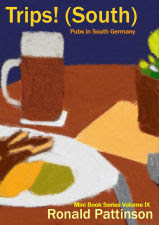
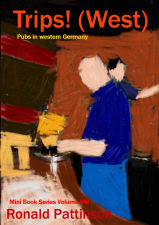
































11 comments:
Yowser, and that Norman & Pring Imperial Strong Ale is not so strong after all. It started out life with the potential to be strong, but with an FG of 1051, attenuation of 36%, abv of 3.7%, it must have been a bit syrupy.
The thing about this post and some of the other recent ones about what defines an IPA and so on really makes you think about this whole notion of who or how you decide what is "proper" in the world of hanging names off beers. There are many who complain about the modern appropriation of beer naming words for use in ways they hadn't been before, but some of your posts, this one especially, seem to suggest that the rise of the imaginative marketer wit hno respect for tradition and convention might not be as some people would like to think. If there was such a thing as CAMRA or the ABA in 1953, they may have been howling at the moon about this abominable abuse of established beer names and fickle trend towards made-up beer styles.
What do you think? Was what we complain about today ever thus?
Stephen, I rechecked that Norman & Pring Imperial Strong Ale entry to make sure that I had transcribed it incorrectly. It clearly says 1051. I suspect it could be a mistake in the book, but who knows. Unless I come across another entry for the beer, I'll have to take it as it stands.
I'm trying to be fair in what I pluck out of archive documents. It would be easy to ignore the bits that disagree with my ideas, but that would be completely missing the point.
I think a lot of the inconsistencies in usage that you see in the gravity book are the result of the rapid changes in beer strength that occurred in the preceding decade or two. I'm not sure how much is due to imaginative marketing, but doubtless it played a role in some cases.
Much that I have found in the archives demonstrates how little people have changed in the last 150 years. Beer styles, on the otehr hand, are far more dynamic . . .
Dear Ron,
Apology accepted. I raise my Imperial Double-Barrel-Aged Brunch Mild in your general direction.
Your friend,
America
I'm glad to hear that you're my friend now, America.
Now what exactly was it that I apologised for?
Ron, I note that all the non-stout Imperials (pale ale, strong ale and barley wine) come from 1953, with two of them from July 1953 - I suggest their names might have something to do with an event in June 1953, namely the Queen's Coronation, when everybody was going flag-wavingly patriotically bonkers, and Imperial still had connotations of the world map being largely red ... after all, Lizzie's father had been called "Ind. Imp" until only five years earlier.
Zythophile, that's a very good point. I hadn't noticed it myself, but now you come to mention it, the only Imperials before 1953 are Stouts.
Would there be a similar phenomena in the brewery logs from earlier coronation years? Or was the 1953 coronation particularly imperial?
Hmm...were these called Imperial for the same reason the first Stout was deemed as such because of Catherine's orders? Or?
Alan, that's a really good question.
The Whitbread gravity book starts in 1939 and ends in 1968. Unfortunately, there was only one coronation in that period.
There's a tradition of brewing special beers for royal events - Jubilee, Royal Wedding, Coronation - so I'm sure such beers exist. I just don't have any evidence about whether the word Imperial showed up in their names.
In the table of beer names I've built from old brewery adverts:
http://www.europeanbeerguide.net/beer_names.pdf
the word "imperial" occurs 10 times. In 9 cases it's a Stout. In the other, the beer is just called Imperial. As it's 50% cheaper than their Nourishing Stout, I don't think it's a super-strength Stout.
Loren, it seems fair enough to name a beer after your own empire as well as the Russian one.
Whose Empire are American Imperials named after? Yours, ours or theirs?
America's are named after Little Anthony and the Imperials... They love their doo wop.
Post a Comment